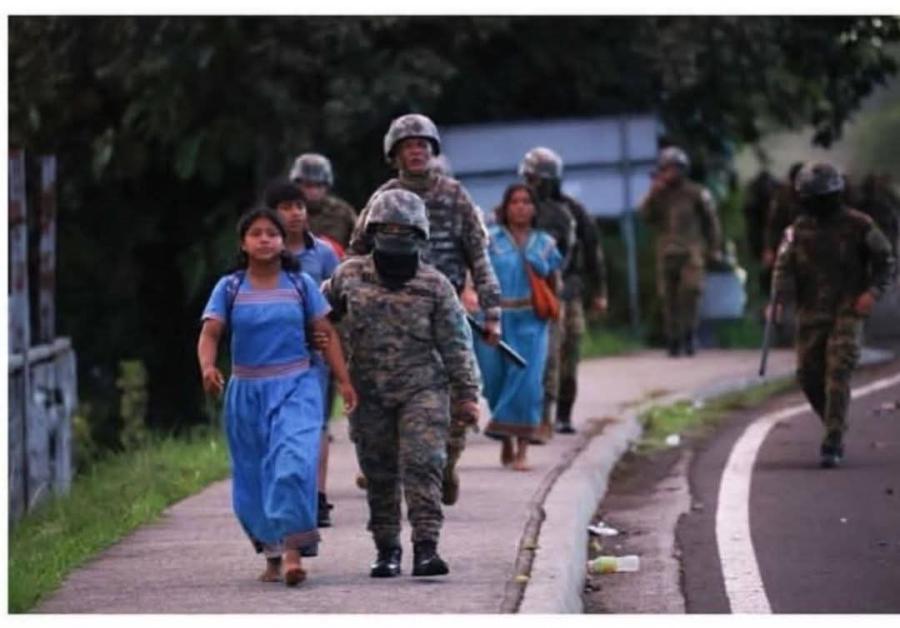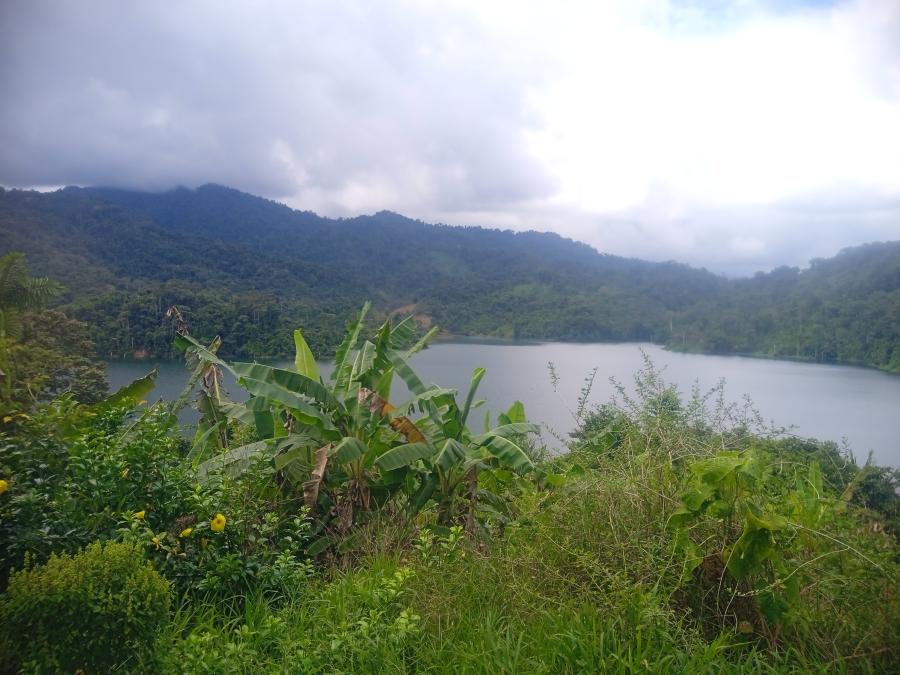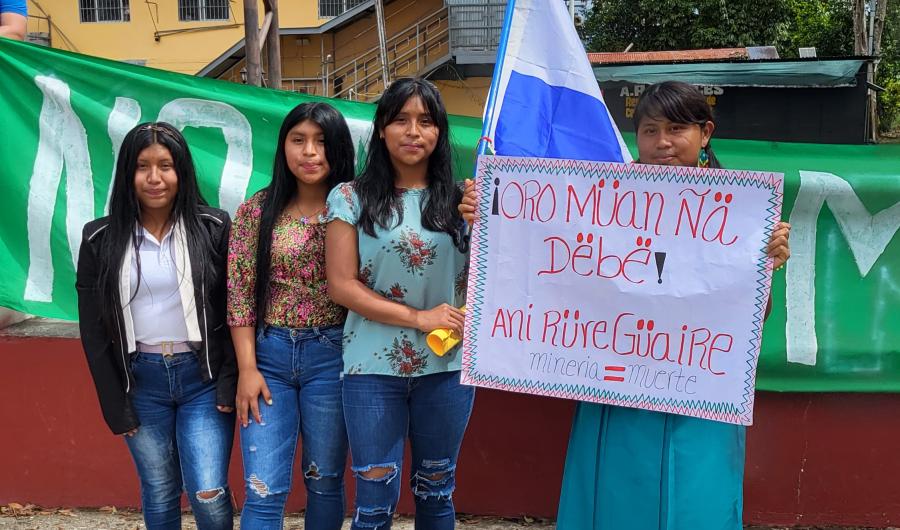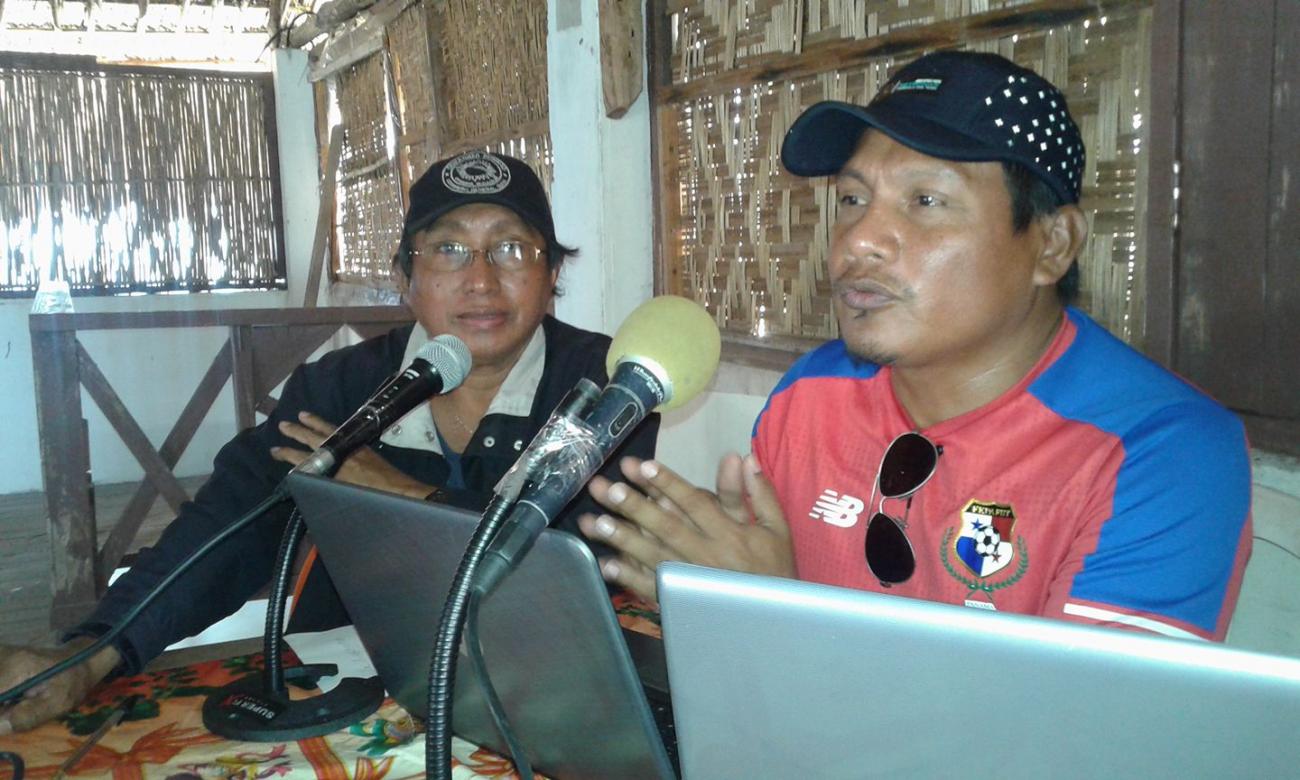
In 2013, February 13 was declared World Radio Day by UNESCO and Indigenous Peoples around the world are preparing to celebrate.
The Guna people of Guna Yala, Panama are joining the celebration of World Radio Day by commemorating the 92nd anniversary of the Guna Revolution and claiming their rights to freedom of expression and to community media. Article 16 of the UN Declaration on the Rights of Indigenous Peoples guarantees that Indigenous Peoples have the right to establish their own media in their own languages, and should have access to all forms of non-Indigenous media without discrimination.
In Panama, in theory, it is possible for non-profit organizations, including Indigenous organizations, to obtain radio broadcast licenses. However, the reality has proven to be extremely cumbersome and slow-moving. In partnership with Cultural Survival and AMARC (The World Association of Community Broadcasters), several Panamanian Indigenous organizations have recently applied for non-profit radio licenses with the Panamanian government. In November 2016, multiple community members travelled to Panama City during a three-day period when applications were being considered, only to find out at the last minute that they were rejected due to a bureaucratic technicality and would not be allowed to reapply for two years.
The experimental radio station, “The Voice of the Guna People,” is risking sanctions by the Panamanian government by defiantly going on air on World Radio Day. February also marks the 92nd anniversary of the Guna revolution against the Panamanian state. The plan is to broadcast programs via an experimental community radio station to their region over a three-day period. The radio station has initiated a process of legalizing their operations, but are still waiting for a favorable response.
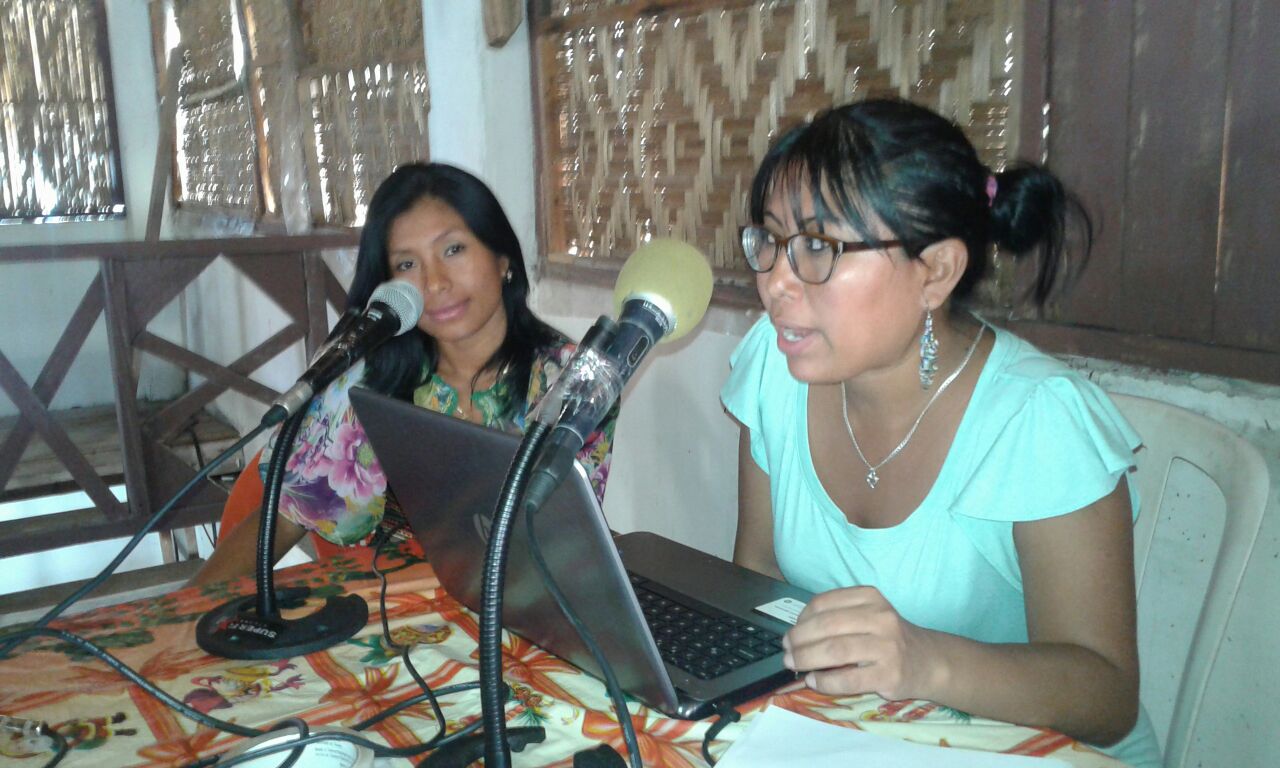
Cultural Survival staff spoke by phone with Anelio Merry, the head of the Guna General Congress’ Department of Communication, who explained the action. “In the month of February, the Guna people from Guna Yala commemorate one of the most important achievements to us in recent years: the revolution of the Guna people against the then existing oppression by colonial police, by the Panamanian State of that era, that wanted to get rid of Indigenous Peoples’ cultures, among them the people of Guna Yala.
“Every year, the Guna people commemorate the revolution with different activities. The Guna General Congress, through the Ministry of Information and Communication, have decided to also broadcast for three days of what we are calling ‘Experimental Radio: the Voice of the Guna People.’ It is the first initiative emerging in Guna Yala, to broadcast our information to our community via radio. Part of the commemoration is, of course, acknowledging the World Radio Day.
“We are taking on all the responsibility. Our experimental radio does not yet have the required authorization from the Panamanian government. However, we are claiming our right to freedom of expression and to access these frequencies and to use our transmission equipment to broadcast to our communities.
“We do not know what the national authorities’ reaction will be. We are going to broadcast in our territory which is legally constituted. Furthermore, our reach will be limited to the Guna Yala territory.”
The Second Sagla, the local authority of the Nalunega community in the Guna Yala region says, “We consider communication among our communities of utmost importance.”
“We should not have to go begging for frequencies because it is our right. It is a human right and we call on our governors and tell them that the democratization of communication is a basic right. We have the right to access these tools for our development.
“We are asking our peoples to stay united in order to have this right reach our communities. On World Radio Day, we, the people of Guna Yala, send greetings to all our brothers and sisters that work in radio,” says Merry.
Cultural Survival Deputy Executive Director, Mark Camp says, “We stand with the people of Guna Yala and the Guna General Congress in their decision to exercise their right to establish their own media. Cultural Survival believes that community owned and run radio stations and other forms of media are critical to Indigenous communities’ self-determination.”
